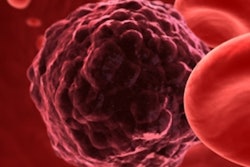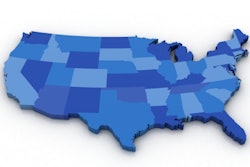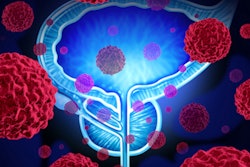
American Indian and Alaska Native people face higher risk of many cancers than their white counterparts, with wide variation among regional groups, according to a study published October 1 in Cancer Epidemiology, Biomarkers & Prevention.
A team led by Stephanie Melkonian, PhD, of the Centers for Disease Control and Prevention (CDC), evaluated data from the CDC's National Program of Cancer Registries and the National Cancer Institute's Surveillance, Epidemiology, and End Results (SEER) Program for 2010 to 2015. The study focused on counties that encompass or are adjacent to federally recognized tribal lands, and included six geographic areas: Northern Plains, Alaska, Southern Plains, Pacific Coast, East, and Southwest regions.
The researchers found that American Indian and Alaska Native men were more than twice as likely to develop liver cancer compared with white men. The group also found that American Indian and Alaska Native women were more than three times as likely to develop liver cancer compared with their white counterparts, and they had higher rates of lung, colorectal, kidney, cervical, and stomach cancers.
The study also determined the following:
- Liver cancer increased 3.3% annually for American Indian and Alaska Native men and 4.5% annually for women between the years 1999 and 2015.
- Kidney cancer rates increased 2.4% for American Indian and Alaska Native men and 1.6% annually for women between 1999 and 2015.
- Breast cancer incidence rates increased 0.9% annually in American Indian and Alaska Native women. The East, Southwest, and Pacific Coast areas had much lower breast cancer rates for American Indian and Alaska Native women, but Alaska and the Southern Plains had considerably higher rates.
- Gastric cancer -- more common in the American Indian and Alaska Native population than in the overall U.S. population -- had higher incidence rates in the Southwest and Alaska.
The data show the incidence of certain cancer risk factors varies by geography and is higher in the American Indian/Alaska Native population in some regions, Melkonian said in a statement released by the American Association for Cancer Research (AACR).
"These data can guide us on how to design tailored interventions to screen for and prevent many of these common cancers," she said.



















